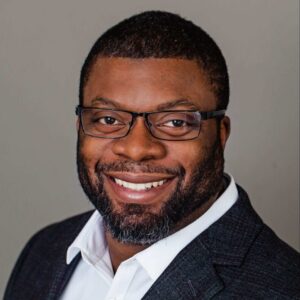 Calvin Hosey is Head of Operations and Payment Partnership at Regpack, a software leader in automation of billing and other business processes. As a Black tech executive who climbed the corporate ladder for the last 20 years, Calvin has a breadth of knowledge to share with other people of color looking for insight into career development and execs wanting to navigate DEI in tech.
Calvin Hosey is Head of Operations and Payment Partnership at Regpack, a software leader in automation of billing and other business processes. As a Black tech executive who climbed the corporate ladder for the last 20 years, Calvin has a breadth of knowledge to share with other people of color looking for insight into career development and execs wanting to navigate DEI in tech.
Regpack is proud of its diverse employee base including 64% female employees and 28% Jewish. They are a great example of embracing diversity and encouraging people to celebrate their differences in and out of the office.
- How he got started in tech and what has inspired him throughout his career.
- How diversity on his team helps Regpack problem-solve.
- Why it’s important to put more diverse tech leaders on the world stage/in the media to inspire young people to get into STEM careers.
- How technology is helping provide more opportunities to groups who previously were left out.
- His advice for people of color considering tech jobs.

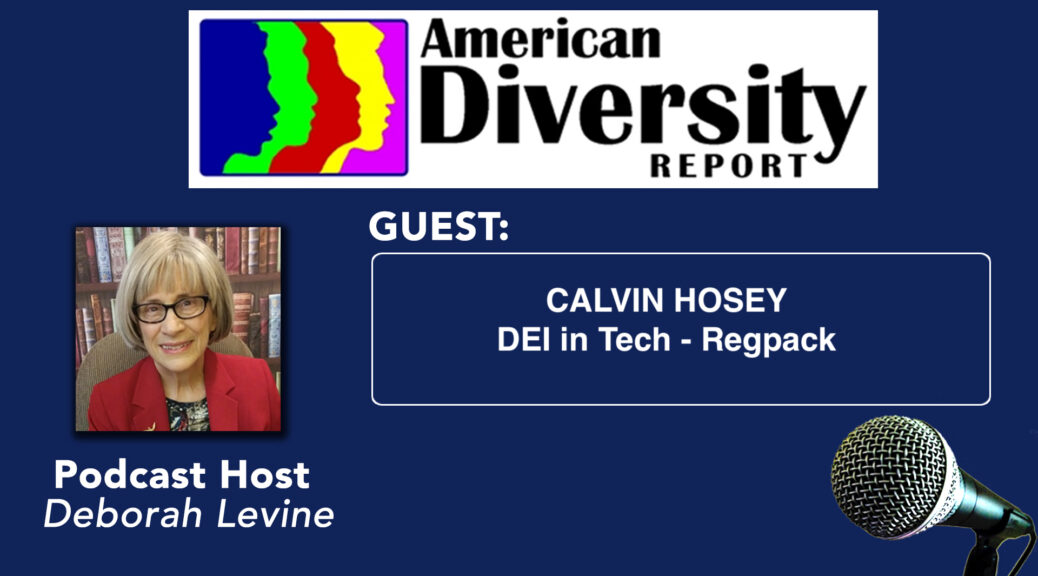
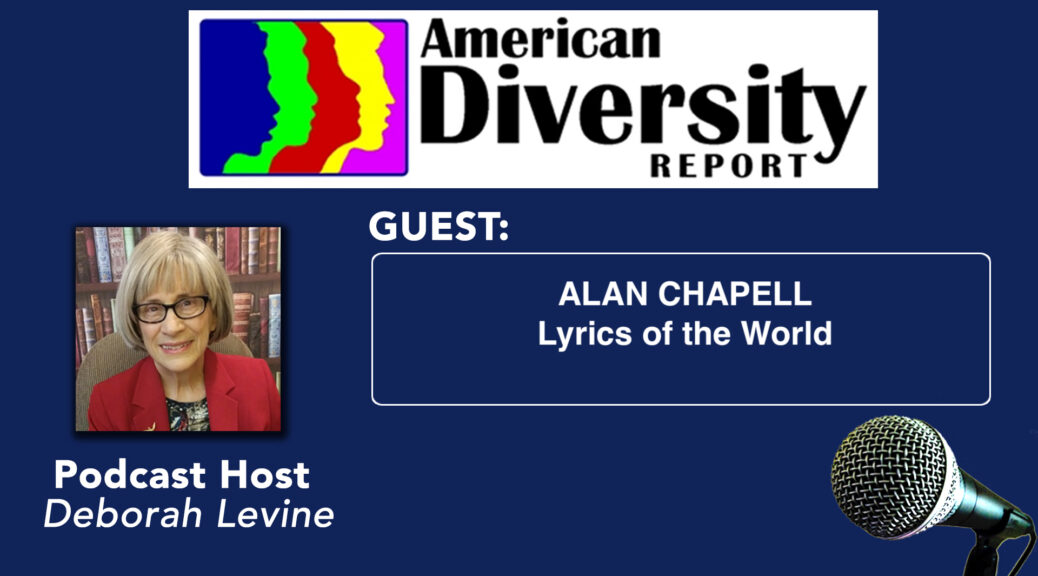
 Alan Chapell is an attorney, singer, songwriter and bandleader. Based in NYC, Chapell tours the world. He is influenced heavily by 80s and 90s music – but his lyrics reflect the world around him.
Alan Chapell is an attorney, singer, songwriter and bandleader. Based in NYC, Chapell tours the world. He is influenced heavily by 80s and 90s music – but his lyrics reflect the world around him.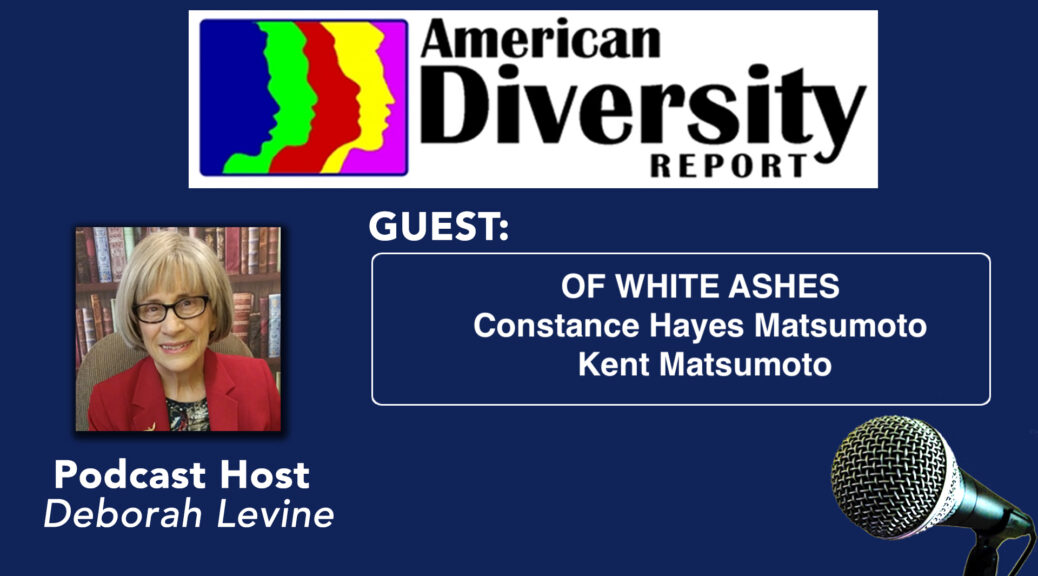

 Hear them discuss:
Hear them discuss: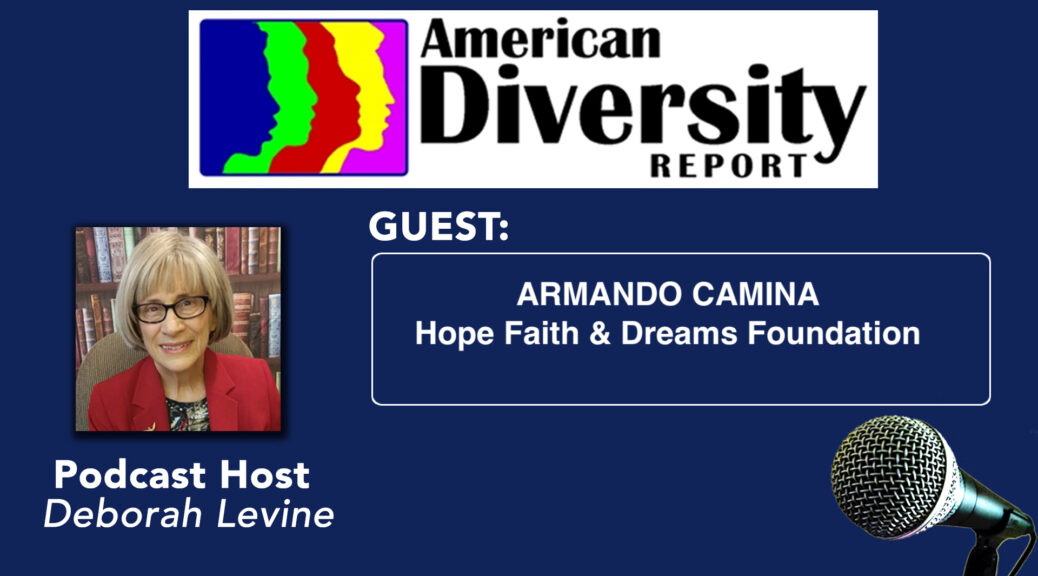
 Armando Camina is a pioneering Radio & TV personality and Founder of the Hope Faith & Dreams Foundation (501c3). The Foundation
Armando Camina is a pioneering Radio & TV personality and Founder of the Hope Faith & Dreams Foundation (501c3). The Foundation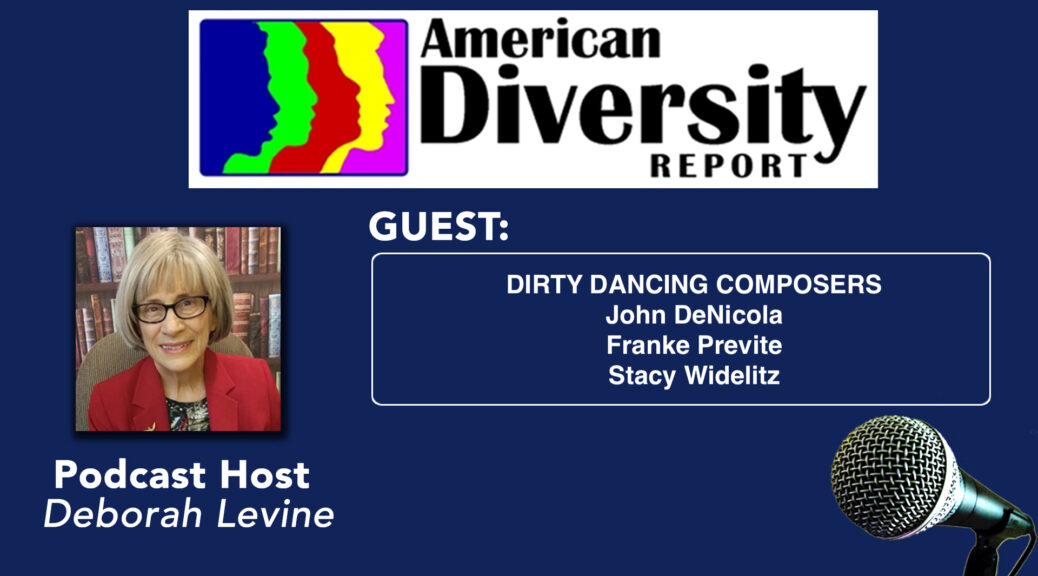

 John DeNicola is an Academy & Golden Globe Award winning singer/songwriter co-wrote the 2 iconic songs “(I’ve Had) The Time Of My Life” + “Hungry Eyes”. In the last few years John has released 2 solo albums. He also discovered MAROON 5, a pop rock band whose lead vocalist is Adam Levine.
John DeNicola is an Academy & Golden Globe Award winning singer/songwriter co-wrote the 2 iconic songs “(I’ve Had) The Time Of My Life” + “Hungry Eyes”. In the last few years John has released 2 solo albums. He also discovered MAROON 5, a pop rock band whose lead vocalist is Adam Levine.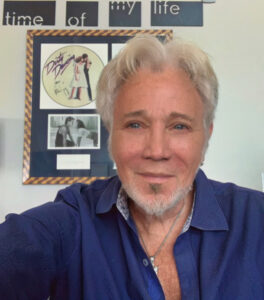 is also an Academy & Golden Globe Award winning singer/songwriter who co-wrote the 2 iconic songs “(I’ve Had) The Time Of My Life” and “Hungry Eyes”. Franke also had hits with Franke & The Knockouts …and co-wrote songs with Cyndi Lauper, Fleetwood Mac & many others who are well known in the music industry.
is also an Academy & Golden Globe Award winning singer/songwriter who co-wrote the 2 iconic songs “(I’ve Had) The Time Of My Life” and “Hungry Eyes”. Franke also had hits with Franke & The Knockouts …and co-wrote songs with Cyndi Lauper, Fleetwood Mac & many others who are well known in the music industry. Stacy Widelitz is a multi-platinum songwriter and photographer who co-wrote “She’s Like The Wind” with his late friend Patrick Swayze, the star of Dirty Dancing. The award-winning song has played on US radio 4 million times. Stacy has also scored features, made-for-TV movies, written the end-title song for Disney’s Pocahontas II, and was nominated for an Emmy for ABC’s World of Discovery.
Stacy Widelitz is a multi-platinum songwriter and photographer who co-wrote “She’s Like The Wind” with his late friend Patrick Swayze, the star of Dirty Dancing. The award-winning song has played on US radio 4 million times. Stacy has also scored features, made-for-TV movies, written the end-title song for Disney’s Pocahontas II, and was nominated for an Emmy for ABC’s World of Discovery.